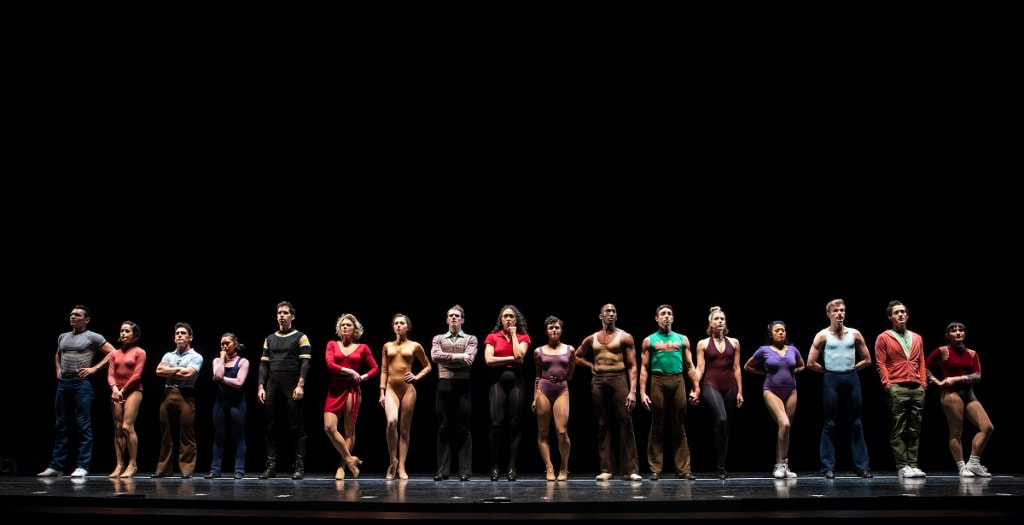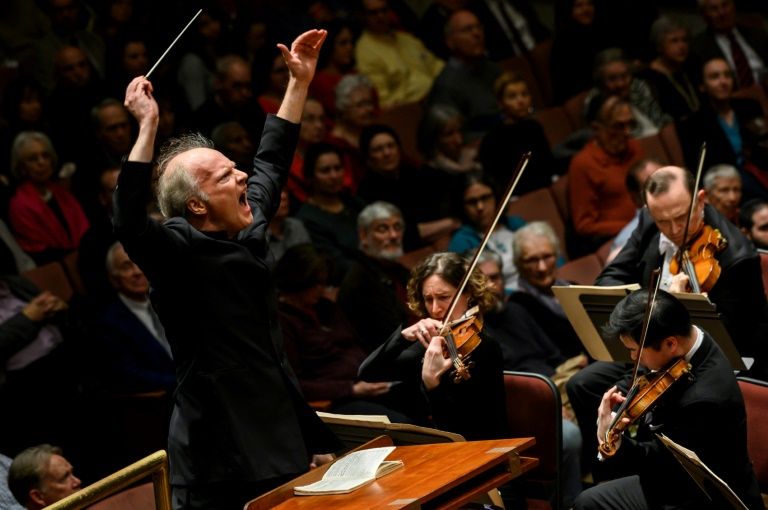1) Sail Away
Sail Away was originally intended to be part of First Edition’s introductory showcase, to be held in December 1999, but for whatever reason, it never happened, which was probably all well and good, as it allowed the mini musical to be workshopped without the pressure of a looming deadline. In the meantime, songs continued to be written and workshopped, such that by the time winter break rolled around, myself, our producers Edmund Quirin and Rice Majors, and the three-quarter cast we had assembled had just about half a show under its belt. Of course, it was around this time when I also learned a very important lesson when it comes to production: better to have one thing done one hundred percent, than to have ten things done ten percent.
2) Music
The most glaring omission at this point was the role of “Music,” one of the show’s four principal characters. We had already gone through two performers for the role, one of whom was a one-time stand-in for the ill-fated First Edition showcase, and the other of whom passed on the role in favor of a part in a concurrent student organization’s production of “The Lion in Winter”: understandable, even if I was a little incensed at the time. Backing up—over winter break I had put significant effort into the show’s opener: Just One Look, and it was then when one key component of the show was solidified: there were to be four cast members, two men, two women, and each character was represent one of four “states,” namely: Heart, Music, Rhythm, and Soul. Don’t worry too much about what this all means—it’s a bit like the characters from the movie “Inside Out,” except derived from metaphysics rather than from emotions. This becomes one of the key precepts of States of Matter, in addition to which is the idea that all of these characters are created equal. Among them there is no top billing, and the casting of the show must reflect that, which, at present, it did.
We finish going through the list, and no one is particularly suitable. The actors won’t handle the intricate musical numbers. The singers are lacking in character. I’m about to lose hope, when who do I run into in the university chapel’s basement (a common hangout for choral singers—trust me, it’s not as weird as it sounds) other than one of my oldest of college friends, who quite literally walked up the slope with me on the first day of class: Jennifer McDonald, who, I’d often thought, would have been a shoe-in for the part of “Music,” with her clean belt and natural sense of introspection, but for the fact that this was, ultimately, a student production, meaning cast members would have to balance academics, social lives, and other competing extracurriculars. Aware of her full schedule, I simply didn’t think to ask, until the date of the production started to loom, ever closer, and politeness was swiftly trumped by practicality. We needed a full cast; the worst that could happen was that she said no. Once again, whatever the driving force behind her taking on well more than a student ought to in a single semester, the production was blessed by her decision to participate, as it was too with now SOM veterans Bill, Steve, and Elizabeth, who were playing Heart, Rhythm, and Soul, respectively.






 RSS Feed
RSS Feed
